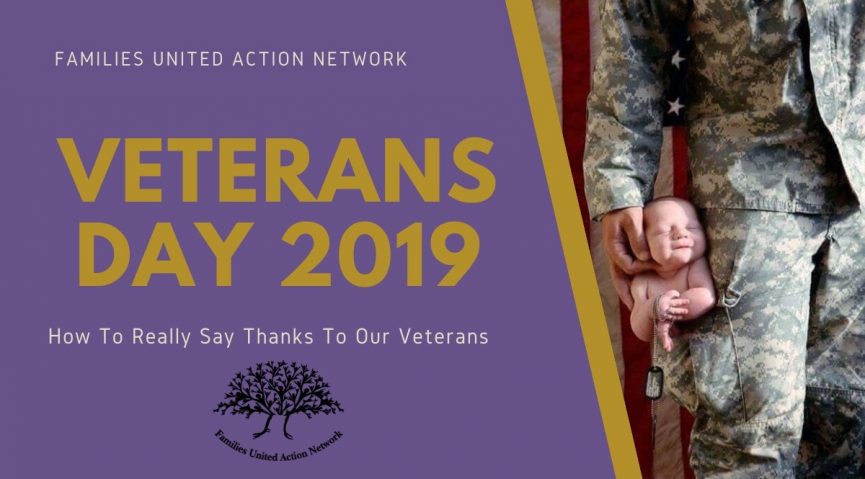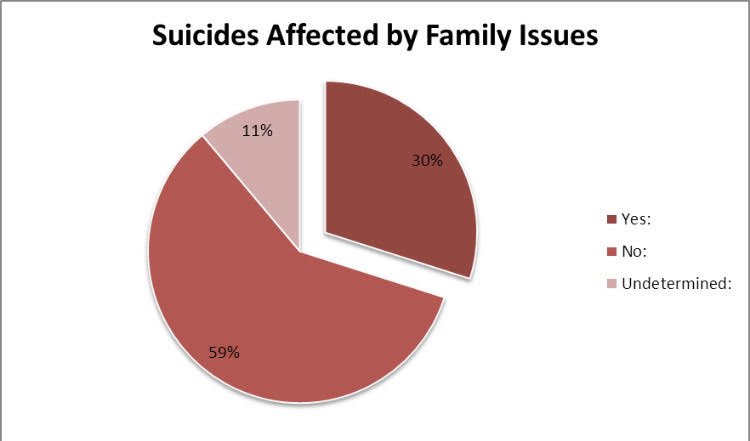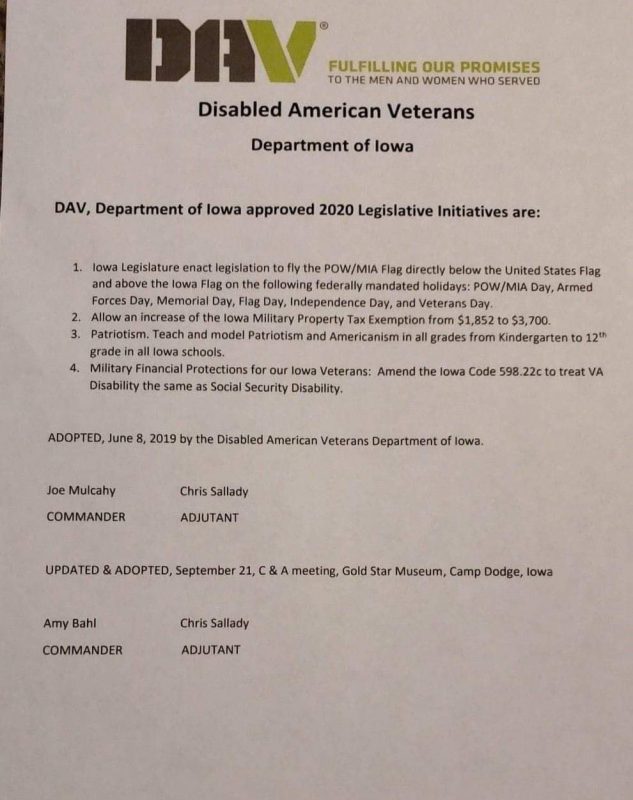Authors – Tom McDermott and Nicholas Dreeszen of Families United Action Network
Originally posted at FamiliesUnite.org

Veteran’s Day is a day when we acknowledge the sacrifices veterans have made for our country. Frequently, veterans are asked to put themselves in harm’s way to protect our country and our way of life. Since there hasn’t been a draft since the ’70s, most of our soldiers volunteered for service. Almost all veterans are happy and proud to have served. It is because of their sacrifice that the American life as we know it is possible.
ALL of our freedoms come from these brave individuals standing up to protect every American. Your American way may mean starting with bacon and eggs for breakfast, playing frisbee in the afternoon, or dancing all night. Other citizens have the freedom to live the way they feel is best for them. It’s the way our founders envisioned American life.
According to the VA, there are approximately 18 million veterans in the US (about 7.6 percent of the population). To give you a visual, it would take around 338 football stadiums filled to capacity to hold all of our living veterans.
Most of these veterans return to civilian life and become productive citizens and live the American dream. But what about the rest? Have you ever stopped to put yourself in their shoes to capture the emotions that they are feeling or to realize the different struggles that they may be facing?
Have you ever stopped to ask WHY ARE WE LOSING AN AVERAGE OF 22 of these warriors EVERY DAY to suicide?
Have you taken a moment to ask, “What can I do to help those who have helped me without ever asking for anything in return?”
Take a moment to think about a returning vet’s new reality. Going from battle one day to the grocery store in Iowa the next week feels utterly surreal. Switching from being always on the alert and always looking for and fighting the enemy to being suddenly surrounded by friends and family can be jolting, especially as traumatic memories intrude.
Soldiers may feel helpless as they think about buddies still deployed or experience survivor’s guilt when they’ve lost friends on the battlefield. It’s a lifelong journey. Now imagine returning home only to find that your toughest days and most difficult battles are ahead of you as you begin to face hardships at home.
Some Uncomfortable Realities:
- Many veterans now live with a disability or other injuries. Too many struggle with unemployment or homelessness.
- A 2016 studyshows that one-third of adult homeless are men, and nearly one-fourth of all homeless adults have served in the armed forces.
- The Substance Abuse and Mental Health Services Administration reportsonly half of the veterans who need mental health treatment will seek it. Only half of that group obtain suitable aid. There is a glaring need for more treatment resources and counselors for our veterans.
The US Department of Veterans Affairs estimates that PTSD afflicts:
- Almost 31% of Vietnam veterans.
- As many as 10% of Gulf War (Desert Storm) veterans.
- 11% of veterans of the war in Afghanistan.
- 20% of Iraqi war veterans.
Veterans who deal with significant anxiety, depression, and PTSD would fill around 67 of those 338 football stadiums. Sadly, an estimated 22 veterans take their lives every day. Did you know:
- 70% of Iraq and Afghanistan veterans return home to divorce.
- Within five years of their return it, 90% of the rest will be involved in divorce proceedings.
- Only 1.5% of servicemembers get fair treatment in the family court. (male or female)
Many will struggle to obtain or maintain employment. They may be alienated from their children, forced into a life of poverty, driven to a life of crime, and forgotten.

“Analysis of military suicides in 2011 found that service members who were divorced had a 55 percent higher rate of suicide than those who were married.” [Source]
So, we need to ask the question: What are WE doing for our veterans? Honoring them with a special day is nice, but how do we show our gratitude and respect? We need to take our appreciation a step further and look at ways we can affect their lives for the better.
Unfortunately, when it comes to protecting the most vulnerable of these veterans, Iowa seems to fall short in showing compassion. Vulnerable means soldiers who have sustained physical injuries and/or are affected by debilitating mental conditions while defending our country and are receiving disability through the VA.
Current laws allow the legal system to take large amounts of veterans’ disability payments because the courts treat VA disability as ordinary income when calculating child support. Often their disability payments are their only source of income.
Yet in cases where non-veteran citizens are receiving social security disability because of their inability to work, the same standard does not apply. The state uses the dependent benefit amount given to the disabled individual to satisfy their child support obligations.
VA disability has a similar allotment added for dependents. However, it is merely added to the veteran’s total disability income and, therefore, used to calculate child support payments. Is this how we should be treating those who have put their lives on the line for us?
Shouldn’t veterans be treated at least equally with anyone else who is disabled?
We’re reminded every Veterans Day to thank our veterans. Still, some of those veterans live every day with injuries sustained during their service. Because of an oversight in the law, The fact is these veterans are being taken advantage of.
We feel this is something that legislators need to address. Veteran’s Disability is a Federal program. It does not allow states to withhold or garnish those funds for any reason. Still, Iowa circumvents those laws and orders veterans to pay court-ordered support. That support is set above what the federal government is providing for the families of the veterans.
In essence, the state is saying, “we aren’t touching your disability pay, but you need to pay “X” amount of money. We don’t care where it comes from even if your only source of income is veteran’s disability.”
This is about an unfair practice of squeezing as much money out of disabled veterans as possible because the state law allows it despite federal laws. It isn’t about taking care of children.
Families United Action Network-FUAN along with other groups, are actively working to change this law to treat all disabilities the same. David Thornburg from Disabled American Veterans (DAV)-Iowa says, “Disabled American Veterans-Iowa, wholeheartedly share mutual support with FUAN on their commitment to our children of disabled veterans and all families.” The DAV has adopted this as one of their 2020 legislative recommendations.

For Veterans Day 2019, let’s try to remember all veterans, but after Veterans Day, let’s remember our disabled veterans. Donate to one of the many organizations that are working hard to help our veterans. Help them gain the education or life skills necessary to find employment, lift themselves out of homelessness, and adjust to new disabilities or injuries, assist them in combating substance abuse and addiction or push through PTSD and mental health challenges. In this way, perhaps they can avoid the further devastation of divorce and loss of family.
Aside from donations, other organizations like Families United Action Network are working diligently to change these unfair laws. Laws like these deteriorate the lives of our vets by allowing the courts to take an excessive portion of their benefits or denying Shared Parenting arrangements.
Join Families United Action Network-FUAN in calling for lawmakers to change Iowa law to protect our most vulnerable veterans.
Do not leave our esteemed veterans alone to face their everyday problems.















